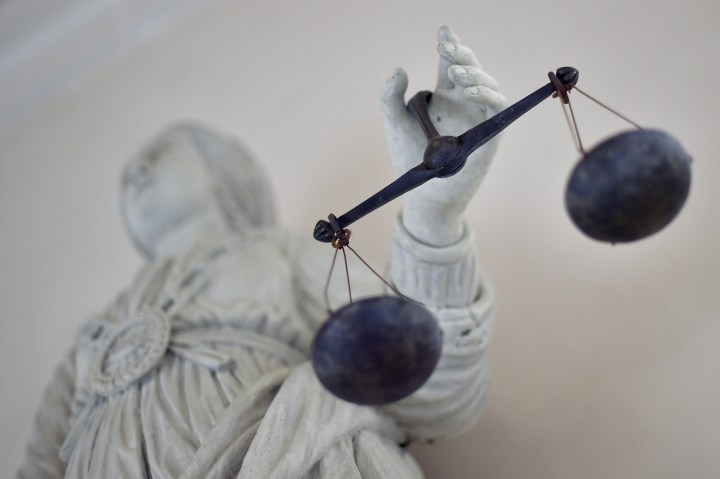
Want to be fair? Try ignorance.

If you’ve been reading this week’s Econ Extra Credit chapter on fairness and public policy, you’ll have come across the concept of the “veil of ignorance.” Simply put, it’s a philosophical idea about how to make unbiased decisions by acting as though you are not aware of your status in society (your race, gender, class) and therefore unaware of how those decisions would benefit you or not.
Seems a bit “pie in the sky,” right? But experimental data from researcher and Harvard Ph.D. candidate Karen Huang suggests that people “behind” a veil of ignorance are more likely to make decisions that benefit a greater good.
“The idea of the veil is to remove yourself from your personal circumstances, so that you can think in a more bias-free way, as if behind a veil, where you’re blind to who you are or you’re blind to your circumstances,” says Huang.
In her latest research, Huang and her colleagues gave two groups of American participants several “moral dilemmas” that forced them to choose between two options. Each choice had its own unique consequence.
For example, participants were asked to choose between donating $200 to a charity in India that could cure two Indians of blindness or donating $200 to an American charity that could cure one American of blindness.
The group who operated with the “veil” on were also told that they had a one in three chance of being an American who benefited from the donation, or a two in three chance of being an Indian who benefited.
“People who first underwent this veil-of-ignorance reasoning procedure, compared to participants who didn’t, are more likely to donate that $200 to the Indian charity,” said Huang.
Sure, it’s experiment. But it does lend some validation to the idea that imagining yourself in another person’s shoes could lead you to better moral choices.
Click on the player above to hear David Brancaccio’s full interview with Karen Huang on the veil of ignorance.
There’s a lot happening in the world. Through it all, Marketplace is here for you.
You rely on Marketplace to break down the world’s events and tell you how it affects you in a fact-based, approachable way. We rely on your financial support to keep making that possible.
Your donation today powers the independent journalism that you rely on. For just $5/month, you can help sustain Marketplace so we can keep reporting on the things that matter to you.
















